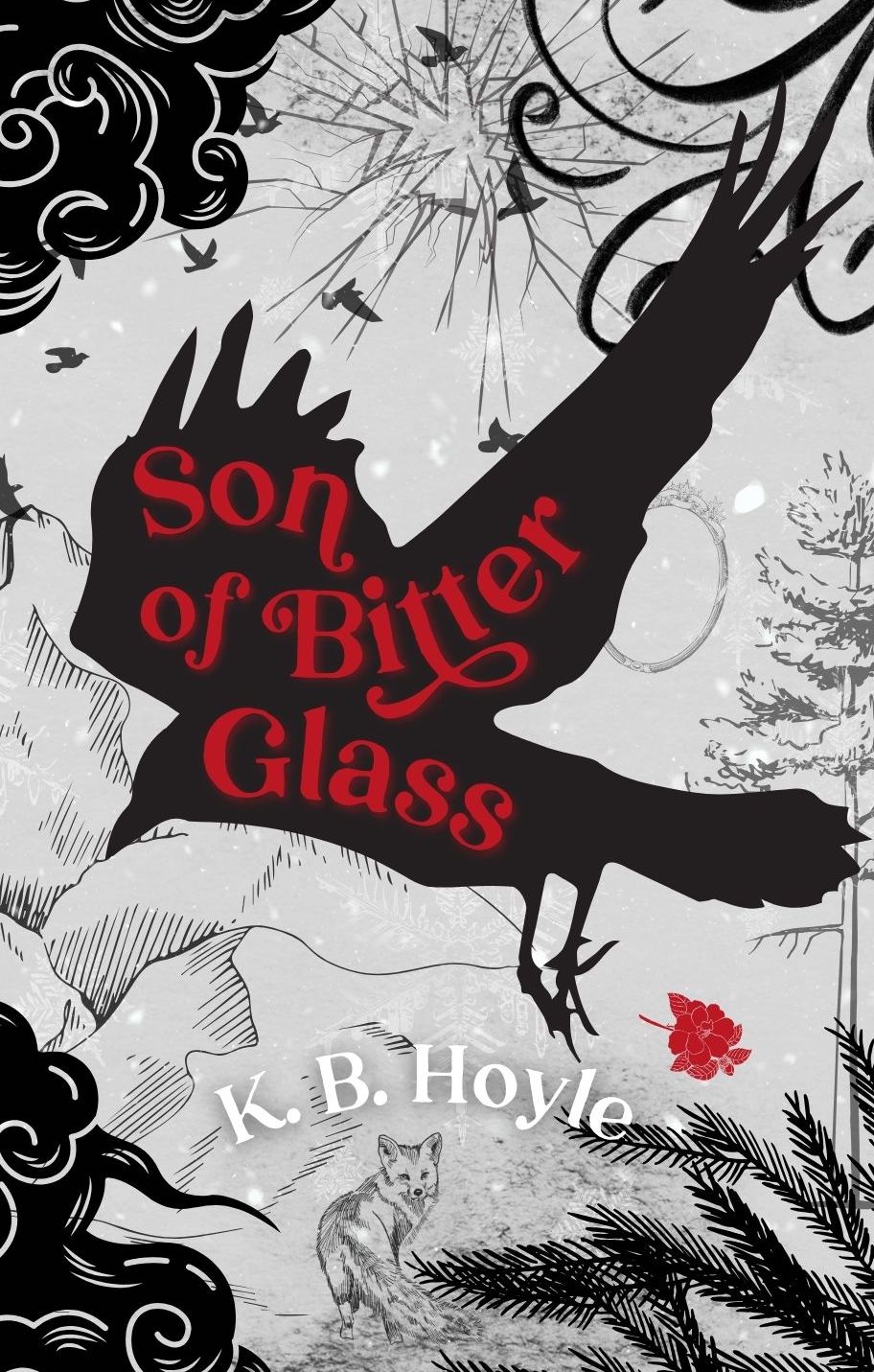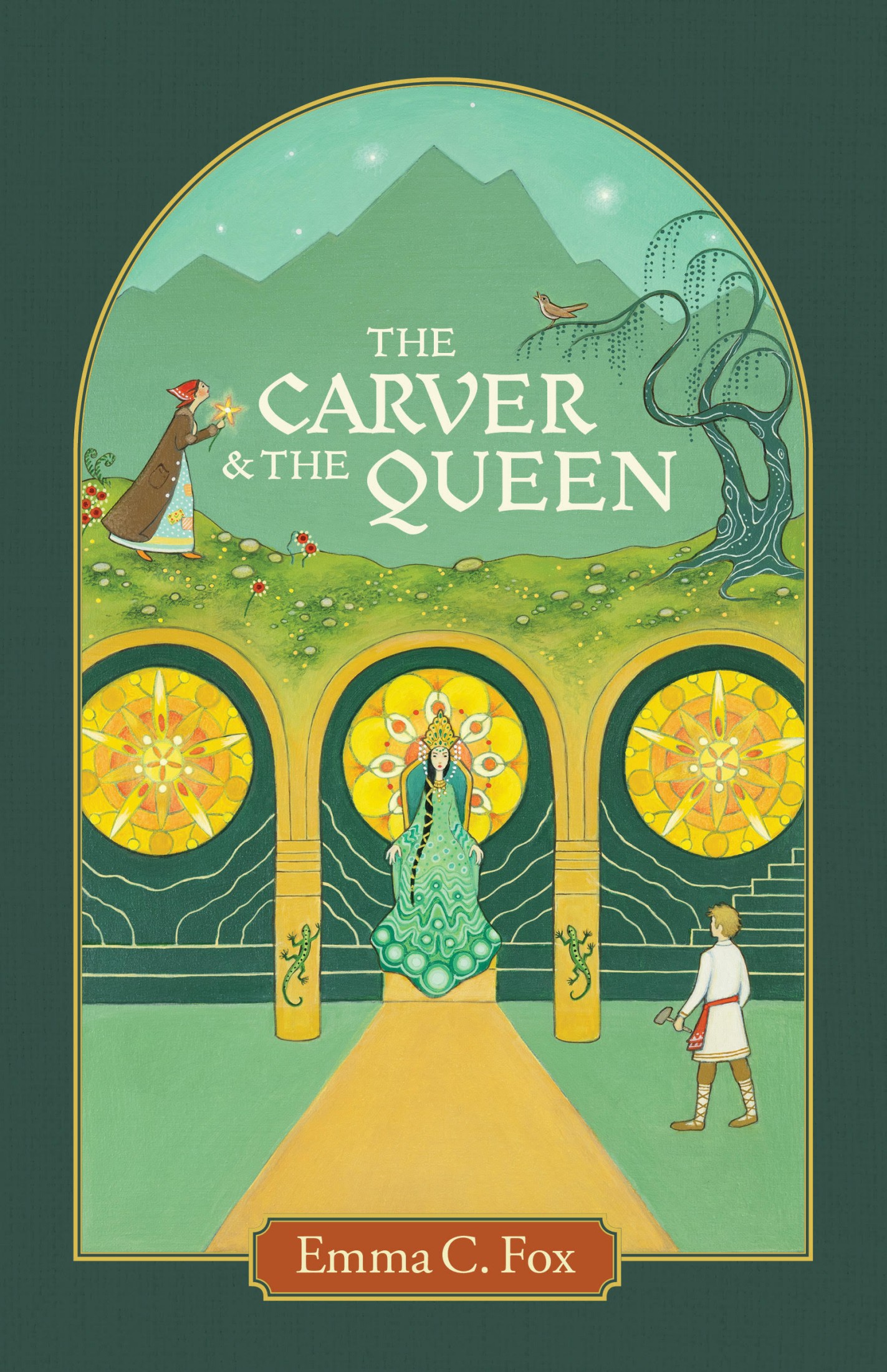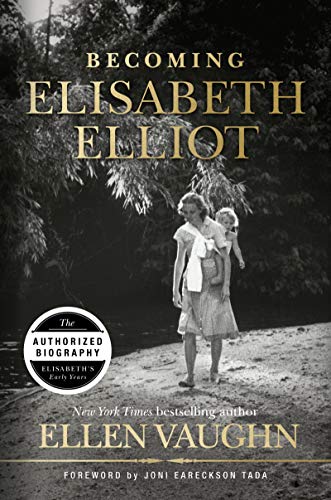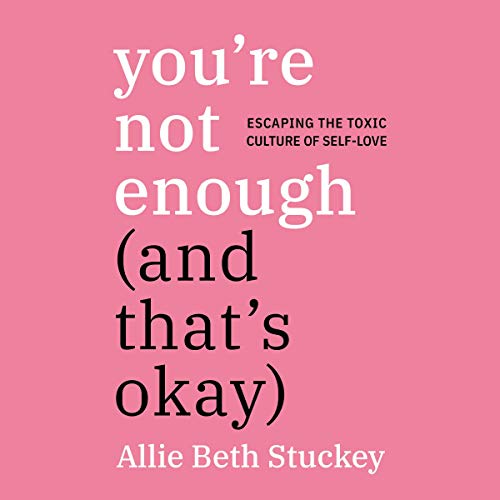
A pushover is a bad thing to be, but an opinionated pushover is a worse thing to be. A pushover is nice and goes along with it, whatever it is. An opinionated pushover acts nice and goes along with it, but while quietly brooding and resentful. I am an opinionated pushover.
I listened to the audio version of this book. I always enjoy hearing the author read their own story. Yet, while this story is somewhat fascinating, I eventually felt dirty hearing the story of Jennette McCurdy. Brutal honesty directs the narrative of the entire memoir. While currently a popular, even a sensational, method of story-telling, this leads to a difficult position for the reader (or listener). What do you do with the inappropriate contents of another person’s life?
I kept listening, and I finished the book. I mostly wish I hadn’t, although I dislike not finishing books. However, I wish I would have remembered that I have the ability to skip forward over immoral content. I’m taking a mental note for next time.
Where did it all begin?
Jennette McCurdy began her eighteen year acting career at the age of six. I cannot imagine that lifestyle, but her mother certainly could.
Memoirs, especially celebrity memoirs, fascinate us. The vast amount of details mesmerize the audience and captivate us to keep us on the edge of our seat. Memoirs vary from an autobiography in that it has a central theme or specific lens through which the story of a person’s life is told. This allows for the detailed information. It could span the entire life of a person, or it may focus in on one particular point, or a few specific events.
Jenette tells us all of her life up to the present day – through the lens of addiction. Themes of victimization and fear of man certainly present themselves, but her main point I believe is her struggle with addiction: alcohol, anorexia, bulimia, and even sex. And the details are overwhelming!
The jump from child actor to bulimic alcoholic did not occur overnight. Rather, over the period of years Jennette struggled with progressively darker addictions and fell prey to the fear that she could not keep everyone happy.
This was, quite honestly, one of the saddest stories I have ever read.
Jennette’s struggles started early, specifically with her mother. It is obvious that Jenette spent most of her life assuming the absolute best of her mother; in fact, I venture to say she worshipped her mother. Their relationship was unhealthy for many reasons. We can boil it down to this fact: Mrs. McCurdy lived life through her daughter. She had not gotten what she wanted out of life (riches, acting career, freedom from her parents way of life) and therefore spent a great deal of time and energy in making that happen for Jennette. This resulted in poor care of Jennette’s health when Mrs. McCurdy introduced calorie counting, i.e. anorexia, as the method for keeping our bodies the way we want them. This also produced massive amounts of guilt piled on Jennette’s shoulders when she didn’t actually have an interest in what her mother wanted for her.
Enter fear of man. Jennette chased her mother’s pleasure for many years. Even as their separation over the years grew, that deep desire to keep mother happy plagued Jennette. This spilled over into other relationships, for instance, Jennette’s director from iCarly. Though I don’t believe forced-sex every occurred, there are plenty of things men can do to a girl short of actual intercourse. This is a familiar story, we hear these all the time as celebrities eventually work up the strength or are helped into sharing the truth.
Though Jennette grew up as a Mormon and though she had an utter disgust for sex (likely from the inappropriate touching of the director and her mother’s hatred for her own father), she does eventually fall into pleasing her string of boyfriends. I will not take the time to detail the explicit content, that filthiness does not need to be shared here. I am not recommending that you read this book at all, but I am here to share what I learned from Jennette’s life, including her sexual wanderings and sinful lifestyle. I was reminded again and again that sexual sin will never remain neutral in our lives. Looking leads to touching leads to wanting leads to doing leads to more doing. It is a cursed and miserable cycle.
The primary addictions that Jennette narrates are bulimia and alcoholism. These tragic struggles weigh down the majority of Jennette’s adult life. After years of unrecognized anorexia habits, binging on food led to quick weight gain. After experimenting a few times with vomiting, Jennette quickly fell into bulimia and the cycle of binging and purging. I should not have to explain that this is an incredibly unhealthy way of life – both overeating and frequent vomiting.
Although Jennette technically ends her memoir on a happy note of finally being addiction-free and pursuing a happy, healthy lifestyle, I honestly felt depressed. How do you respond to such a horrific life committed to selfish sin and self-destruction in the name of pleasing man?
Ultimately, I recalled to mind the promise of God’s word and the hope offered within its pages.
Jennette lives a hopeless life, even though she has defeated some addictions. She lacks the greatest and ultimate hope of Christ as a Savior. We may be able to help ourselves to a degree through our own willpower; however, true victory comes only through Christ. Read John 8:34 and Matthew 11:29-30. We are slaves to our flesh, our sin, our fallen sense of morality and right. But Christ offers a lighter yoke! Those who carry such horrific burdens can come to Christ and find forgiveness, freedom, and life abundant.
To read or not to read . . .
I wish Jennette could have experienced this hope of eternity and the power of Christ to overcome her darkness and sin. I wish Jennette could have spent time with a Biblical counselor who could have dealt with her addictions and unbiblical mindsets in a way that would have pointed her to Christ instead of the “power within her”.
Though we can certainly recognize certain times in Jennette’s life that fall under the category of victimization, Jennette’s life decisions are her own. She is not a victim of her circumstances, her director, her mother, her career, her boyfriends, etc. She is a slave to sin who will not see ultimate victory or freedom unless and until she submits to Christ. Unfortunately, a return to the Mormon church won’t do that.
This memoir has no place on your shelves. If you are looking for hope in the trenches of alcoholism or bulimia, run to Scripture, seek a biblical counselor, find a good church. Jennette’s story will only serve to fill our minds with filthy scenes of selfish ambition, fornication, lust, and proud abasement.
Try reading Susie: The Life and Legacy of Susannah Spurgeon (which I reviewed HERE) rather than I’m Glad My Mom Died. It will serve you much better and encourage your heart to pursue Christ still more. Until next time!
![]()





